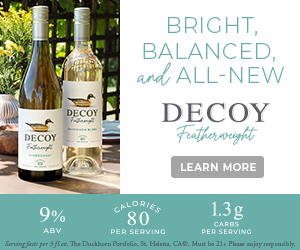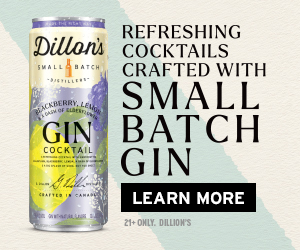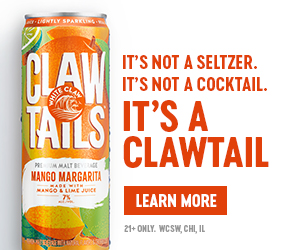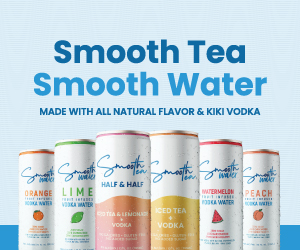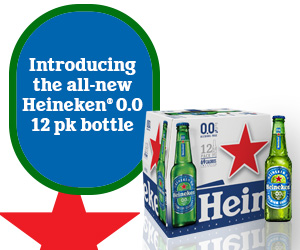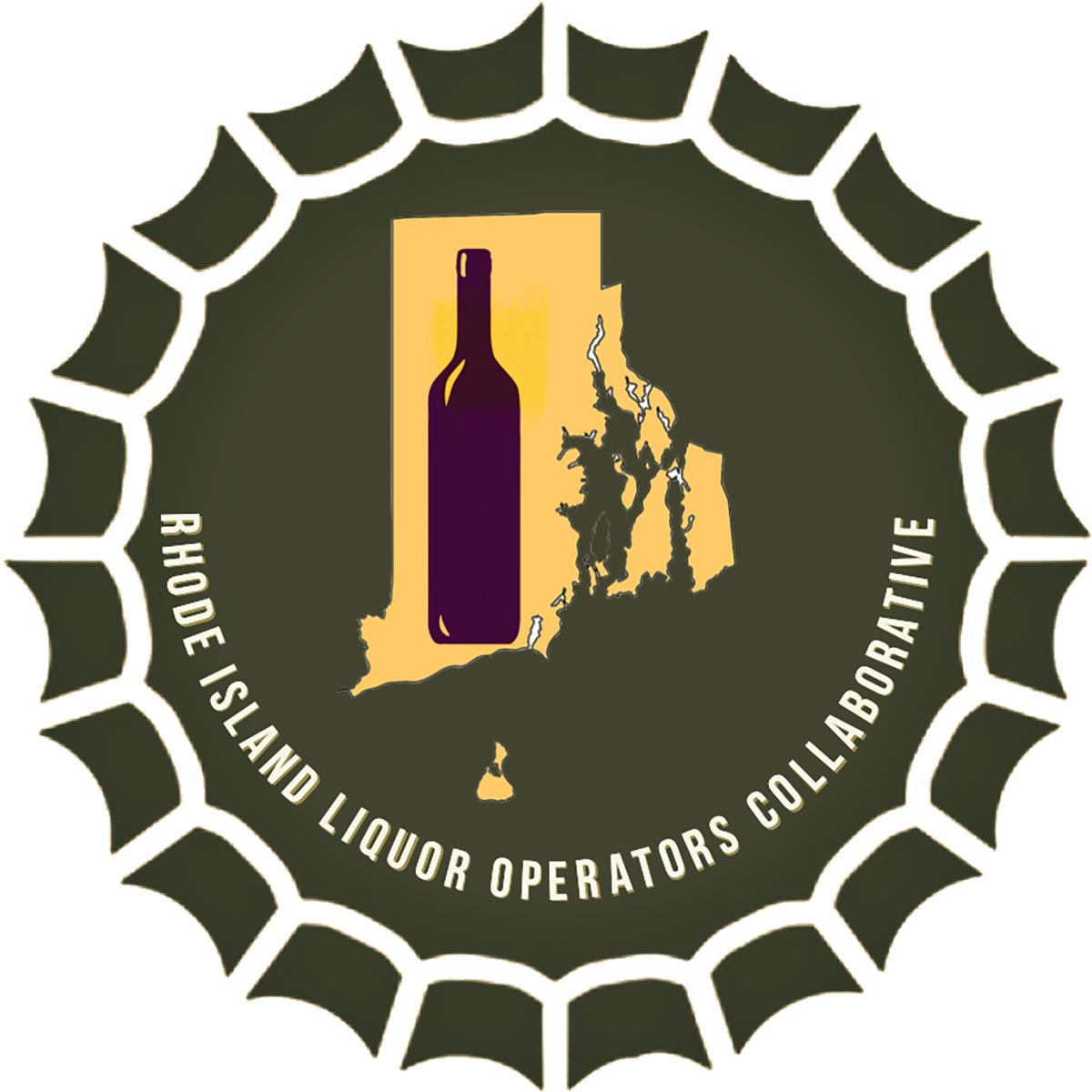

Nick Fede, Jr., Director, Rhode Island Liquor Operators Collaborative.
By Nick Fede, Jr., Executive Director, Rhode Island Liquor Operators Collaborative
In August, the Rhode Island Department of Business Regulation’s (DBR) Office of Cannabis Regulation issued revised regulations and requirements for sales of hemp products in the state. Within those regulations are guidelines for products that contain hemp-derived Delta-9 THC.
So, what exactly is Delta-9? Marijuana and hemp plants consist of dozens of cannabinoids. Cannabinoids are chemicals that affect the body in various ways. Two well-known cannabinoids are cannabidiol (CBD) and tetrahydrocannabinol (THC). The most abundant form of naturally occurring THC is Delta-9. The major differentiator between marijuana and hemp plants is the amount of THC contained within. Hemp contains 0.3% or less THC, whereas marijuana contains 15% to 20% THC.
Clearly, hemp plants contain very little THC but are extremely rich in CBD. Enter the U.S. Department of Agriculture’s 2018 Farm Bill, which allowed for increased commercial production of hemp and explicitly allowed for the transfer of hemp-derived products across state lines for commercial or other purposes. There are no restrictions on the sale, transport or possession of hemp-derived products, so long as those items are produced in a manner consistent with the law.
From a federal standpoint, did cannabis as a whole become legal? Not so fast. But from Rhode Island DBR’s perspective, THC derived from hemp is to be handled through different channels than THC derived from marijuana. Rhode Island’s product guidelines for hemp-derived THC state that a serving of THC is 1 mg with no more than five servings per package.
Furthermore, consumable hemp products may only be sold by individuals holding an active hemp retailer license issued by the DBR. And, perhaps the most important detail, consumable hemp products may only be sold to individuals 21 years of age and older. These products must go through rigorous testing with results to be in accordance with the USDA’s 2018 Farm Bill guidelines. This guardrail is to ensure product quality, integrity and validity.
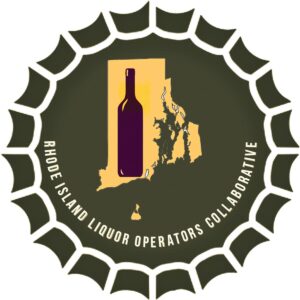
As Class A liquor licensees who specialize in age-restricted products, this segment seems like an easy fit for our establishments. At face value, these new beverages seem best suited to be sold through alcohol channels. Employees of Class A liquor licensees are already trained to detect the effects of intoxicating substances when interacting with consumers and are specialists in regulating when and when not to serve clients. A number of Class A retailers have hopped on board the trend and have found early success in selling these regulated products.
Hemp-dervied Delta-9 THC continues to be a hot topic across the country, with reports coming from other American Beverage Licensees affiliates.
Sean Hughes, Account Director for the Connecticut Package Stores Association, commented, “During the 2023 legislative session, [Connecticut] lawmakers passed a bill that defined hemp-based THC, age-restricted its sale and broke products into categories based on potency. Package stores would be allowed to sell hemp-based THC seltzers to adults aged 21 and over if they contained 5 mg or less of THC per container. Anything with a higher concentration of 5 mg per container or a total .3% concentration of THC on a dry weight basis would be considered ‘high THC’ products—and could only be sold by licensed cannabis dispensaries.” He continued that in the 2024 session, “[Connecticut)] legislators decided to restrict hemp-based THC beverage sales to both cannabis dispensaries and package stores, where the monitoring of age-restricted products is top priority.”
As independent Class A retailers, it is up to you to decide whether you want to participate in this emerging segment of the beverage industry. I urge you to take the proper precautions as you consider exploring this new space and to ask any and all questions of DBR and RI Liquor Operators Collaborative. Most importantly, verify within Rhode Island’s General Laws the items Class A liquor retailers are allowed to sell and be sure to stay within those guidelines. This new segment will certainly diversify your business, but beverage alcohol will inevitably remain your focus. Do not do anything to jeopardize your Class A liquor license! For more information on licensing, visit dbr.ri.gov/office-cannabis-regulation.
Contact riliquoroperatorscollaborative@gmail.com to get involved.
Nick Fede Jr. serves as Executive Director of the Rhode Island Liquor Operators Collaborative and is a third-generation liquor retailer.

